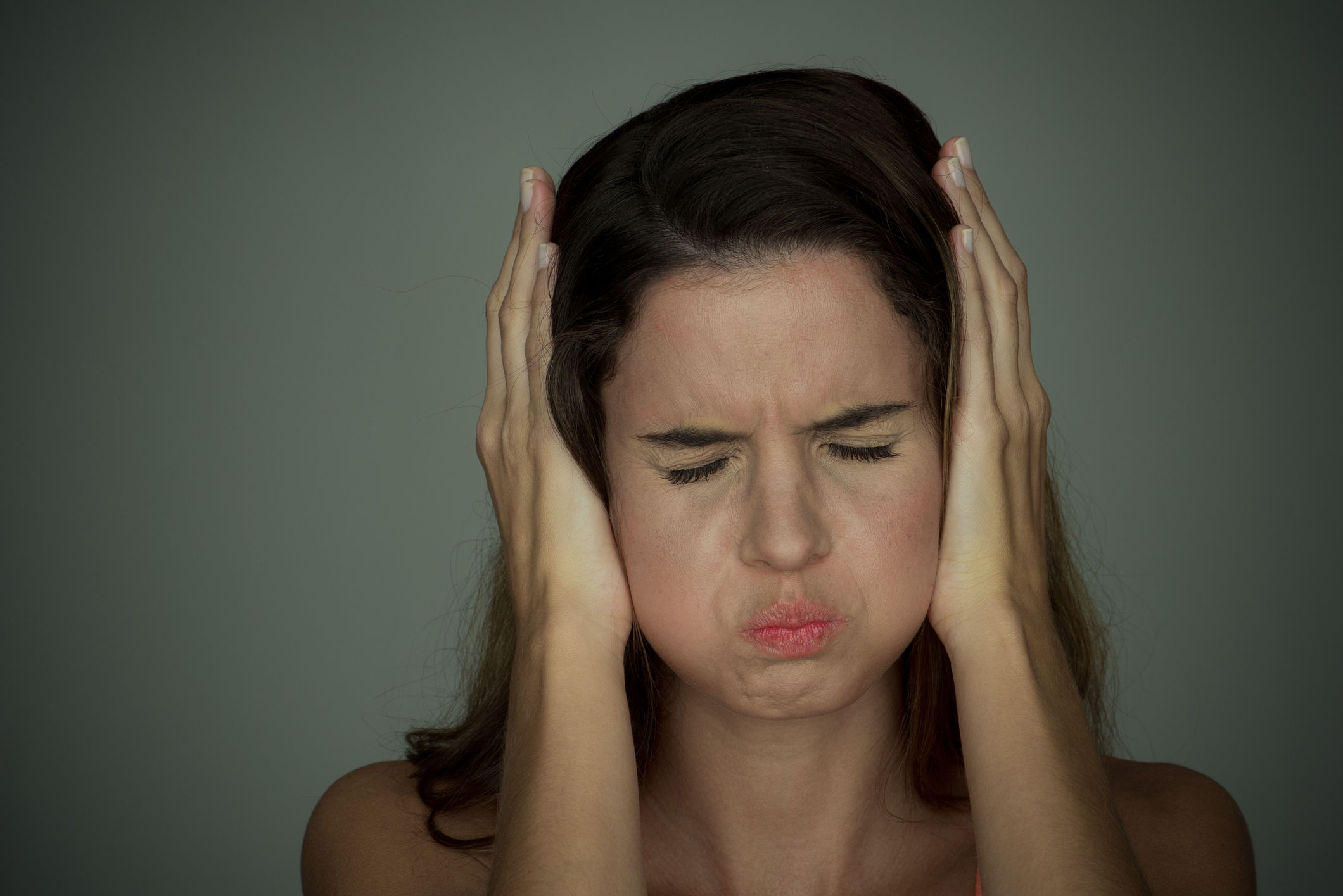According to the American Institute of Stress, numerous emotional and physical disorders are linked to stress. In fact, chronic stress affects each system of the body differently and can cause long-term health concerns.
One of the greatest misconceptions about stress is that mental and emotional stress are not as detrimental as physical stress. Most people associate stress with work and a busy lifestyle, and although true, how we think and how we maintain our emotions affects the mind and the body. For many, their personal life is just as stressful as their career life, if not more so.
In addition, people experience stress due to things such as environmental toxins, overuse of technology, constant traveling and changing time zones or switching work shifts, which can change one’s biorhythm and require several days to adjust to the new schedule. Therefore, stress is a part of modern-day life and the body will respond to the stress placed upon it.
Stress that is stored in the body can show up in the most unexpected ways. Although associated with depression and panic attacks, stress manifests itself also through less obvious signals. These five signs and symptoms indicate that something in your life is placing stress on your body.
1. A Locked or Tight Jaw
When stressed, many people subconsciously clench their jaw or grind their teeth, which can lead to further issues such as temporomandibular joint (TMJ) disorder. To release a tight jaw, bring awareness to when you clench your jaw. Is it during rush-hour traffic? Are you going to bed with a tight jaw? Deep breathing, jaw and neck stretches, and yoga can help promote muscular relaxation.
2. Uncommon Muscular Contractions

Most people experience shrugged shoulders or tension in the upper-back muscles. Other unnatural muscular contractions include gripping toes, clenched fists or scrunched facial muscles. If you notice this, it is best to “check-in” to alleviate subconscious holding patterns. Yoga or traditional stretches lengthen the muscles and train the body to relax.
3. Pain Without Pathology

People experience pain in different parts of the body for various reasons. For example, someone who broke his or her ankle as a child may later experience, or channel, pain to that region during stressful situations. If you have pain in a certain area that has no pathology (diagnosis) or misalignment, stress could be triggering the pain. If this occurs, it is best to consult your medical practitioner who can direct you to the most appropriate therapy. Progressive muscle relaxation (PMR) is one technique that can help relax the mind and body by progressively tensing and relaxing muscle groups throughout the body. PMR can be performed through guided meditation recordings.
4. Abnormal Bowel Movements

Stress can affect digestion and the nutrient absorption process. Stress also affects how quickly food moves through the body. Constipation and diarrhea are often caused by a stressed-out digestive tract. If you haven’t eaten anything abnormal in a while and find that your elimination is not consistent, stress may be a contributing factor. Keep a log of how your mind and gut react to certain scenarios. It is best to consult your medical practitioner and adopt a stress-management program.
5. Holding the Breath

When stressed, many people hold their breath or do not concentrate on a deep, elongated breath. Often the breath shortens and the chest tightens as a result of the body’s “fight or flight” response. Holding the breath while stressed causes an increase in heart rate and stronger contractions from the heart. Deep breathing is an easy way to help overcome tension caused by holding the breath. Focus on matching the length of the inhalation and exhalation with a five-second in-and-out breath.




 by
by 








 by
by